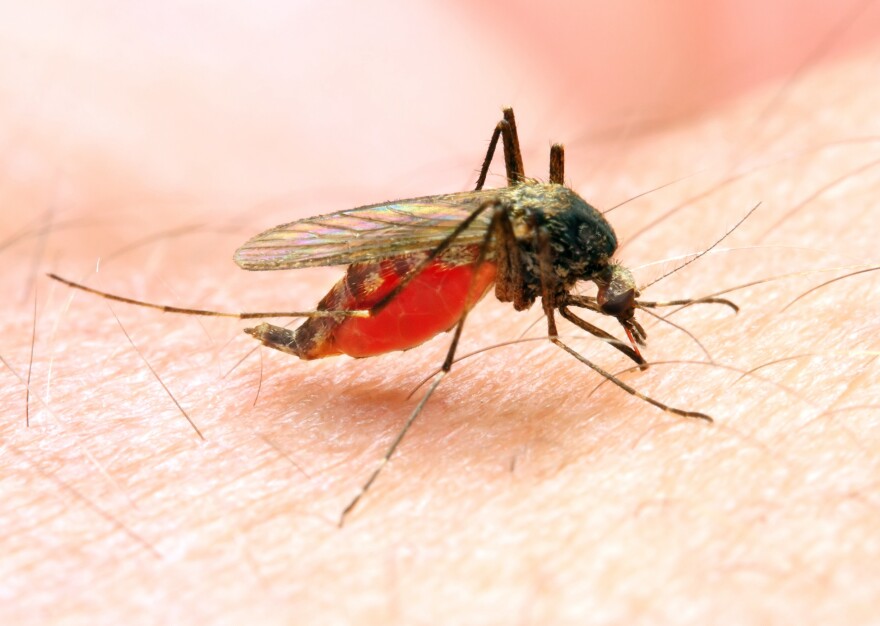On Tuesday, Hernando County announced the state would begin an aerial spraying initiative to combat high mosquito levels following Hurricane Milton.
According to a press release, treatments will be conducted after dark from Saturday, Nov. 2 through Sunday, Nov. 3, weather permitting. The release also announced aircraft may fly over the county to observe potential obstacles during the day, but these are not applying the treatment.
Hernando County received a record-breaking amount of rainfall during Hurricane Milton, which dumped inches of rain onto the Tampa Bay area earlier this month. In addition, river flooding has caused significant amounts of water to converge on the county.
Sandra Fisher-Grainger, mosquito control director for the county, said of the seven chicken coops the county keeps, six of them have tested positive for mosquito-borne arboviruses such as West Nile Virus or St Louis encephalitis. Four of these coops are within the range of the spray.
The spray to be used, naled, has been registered with the Environmental Protection Agency since 1959. The solution is diluted, using only one to two tablespoons of naled per acre sprayed. The county’s press release said the spray shouldn’t be a concern for wildlife, honeybees or pets, as it will be applied at night from several hundred feet in the air. Additionally, the release said the spray does not linger in the environment.
“When this chemical is released by aircraft, it is aerosolized into tiny little droplets. And the chemical also naturally, in soil and in water, it rapidly diminishes, it breaks down,” Fisher-Grainger said. “If people are concerned, they can bring their pets in.”
Fisher-Grainger said the county doesn’t have the budget for a regular spraying program like some surrounding counties do, but the Florida Department of Agriculture is conducting and paying for this emergency spray. She said collecting data on mosquito numbers before and after the spray is “very important” to judge the success of the initiative.
According to Fisher-Grainger, spraying programs after Hurricane Irma reduced the number of mosquitoes by around 98%.
U.S. Department of Agriculture-certified organic farms who wish to be excluded from the treatment area have until 2 p.m. on Saturday to notify the Florida Department of Agriculture.
The county encourages residents to check their yards for standing water, and use an EPA-registered mosquito repellent. For questions specific to aerial spraying, residents can contact Hernando County Mosquito Control at 352-540-6552 or visit the county’s mosquito control website.


